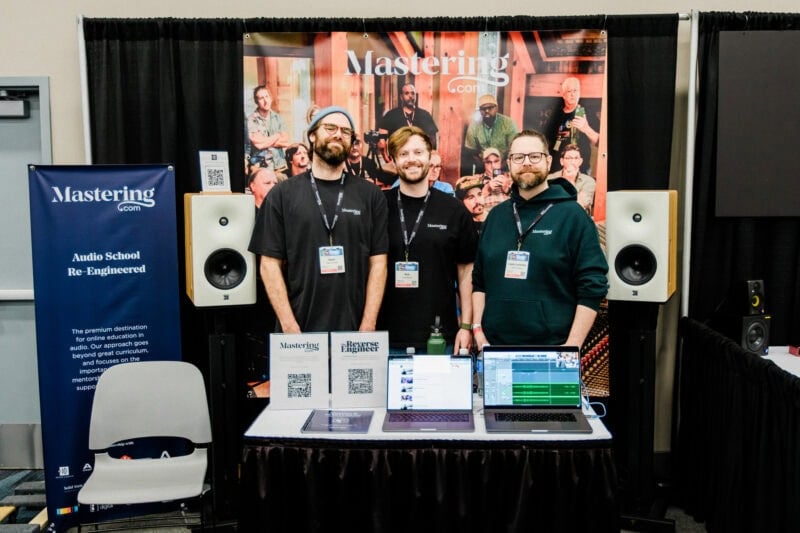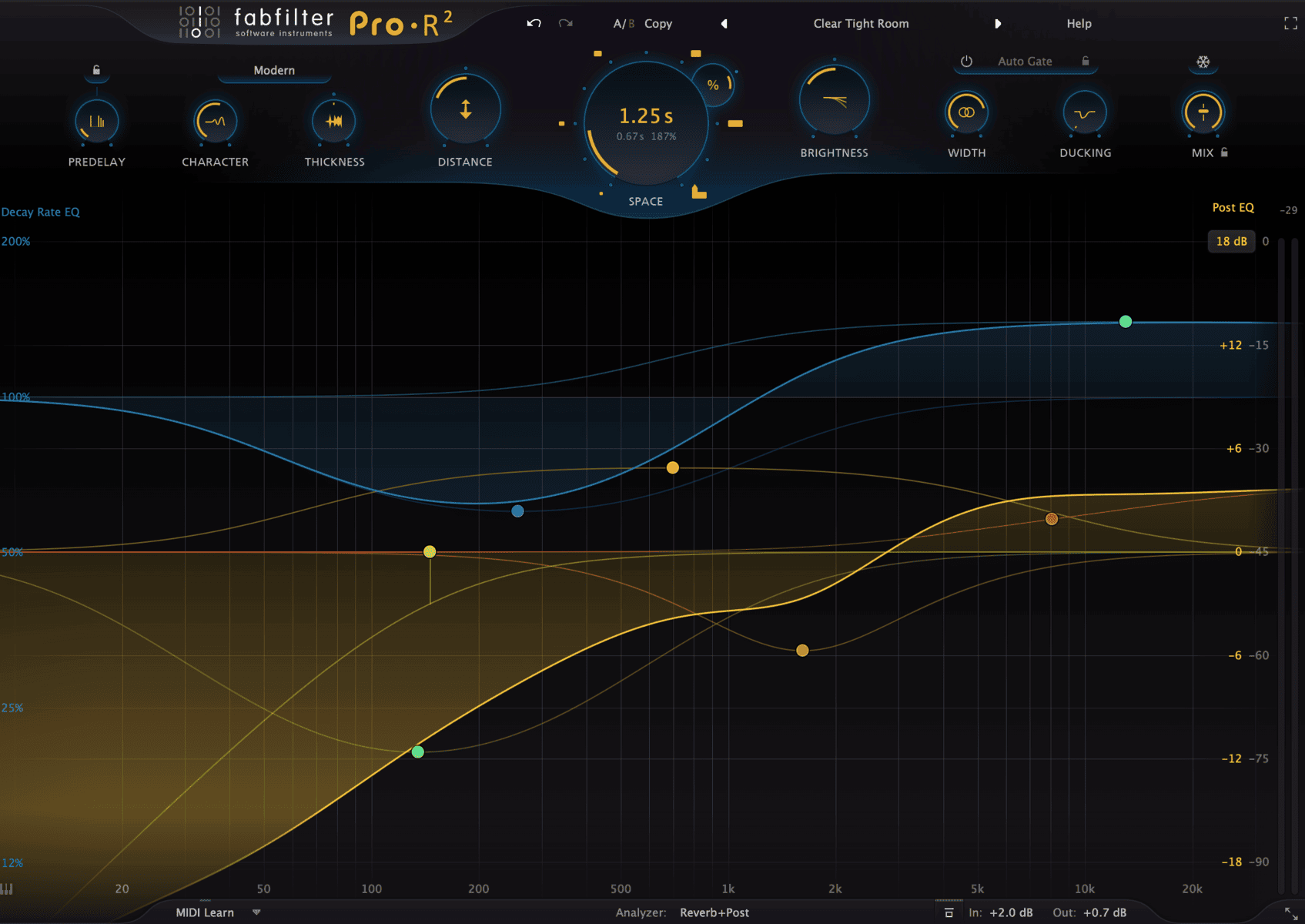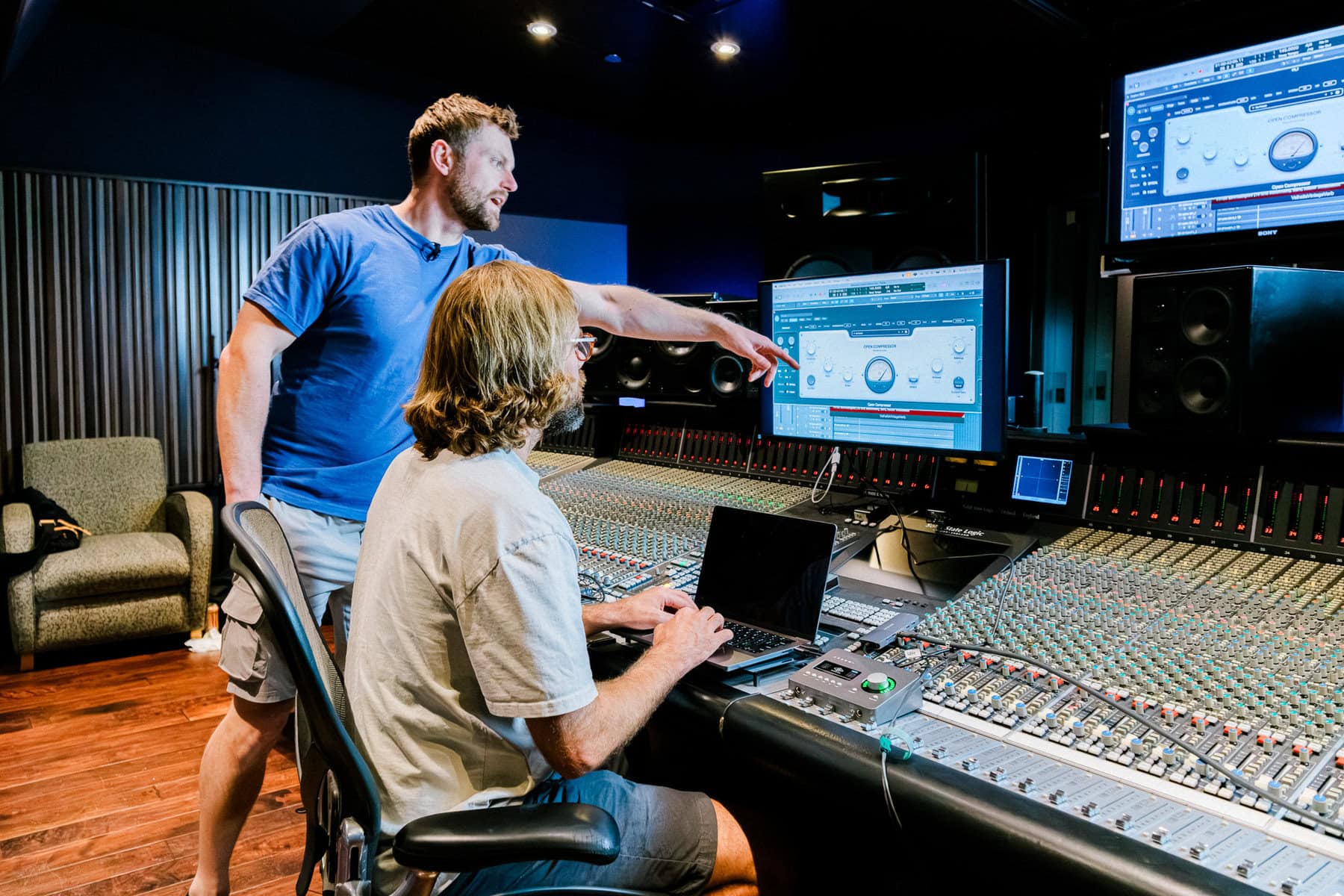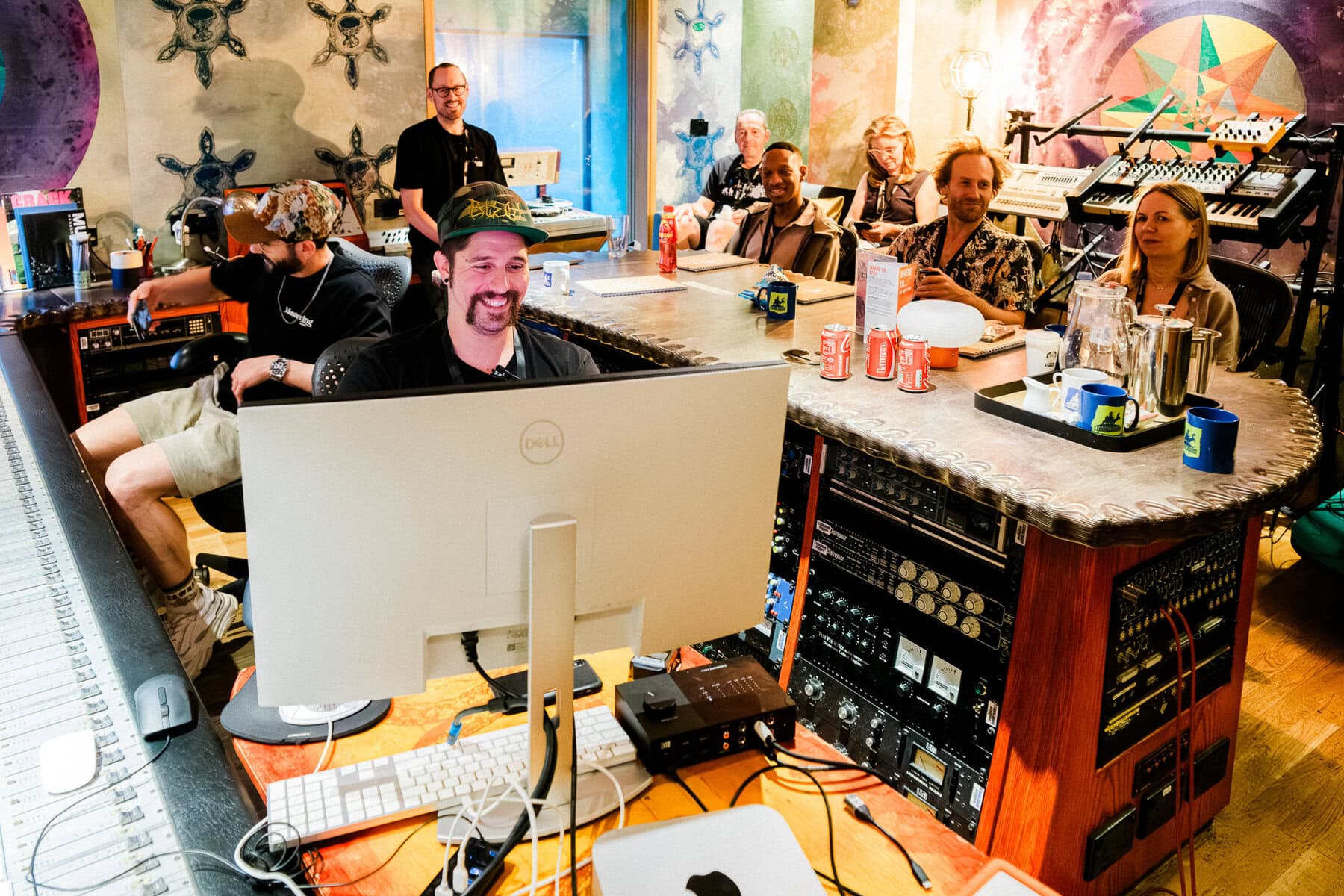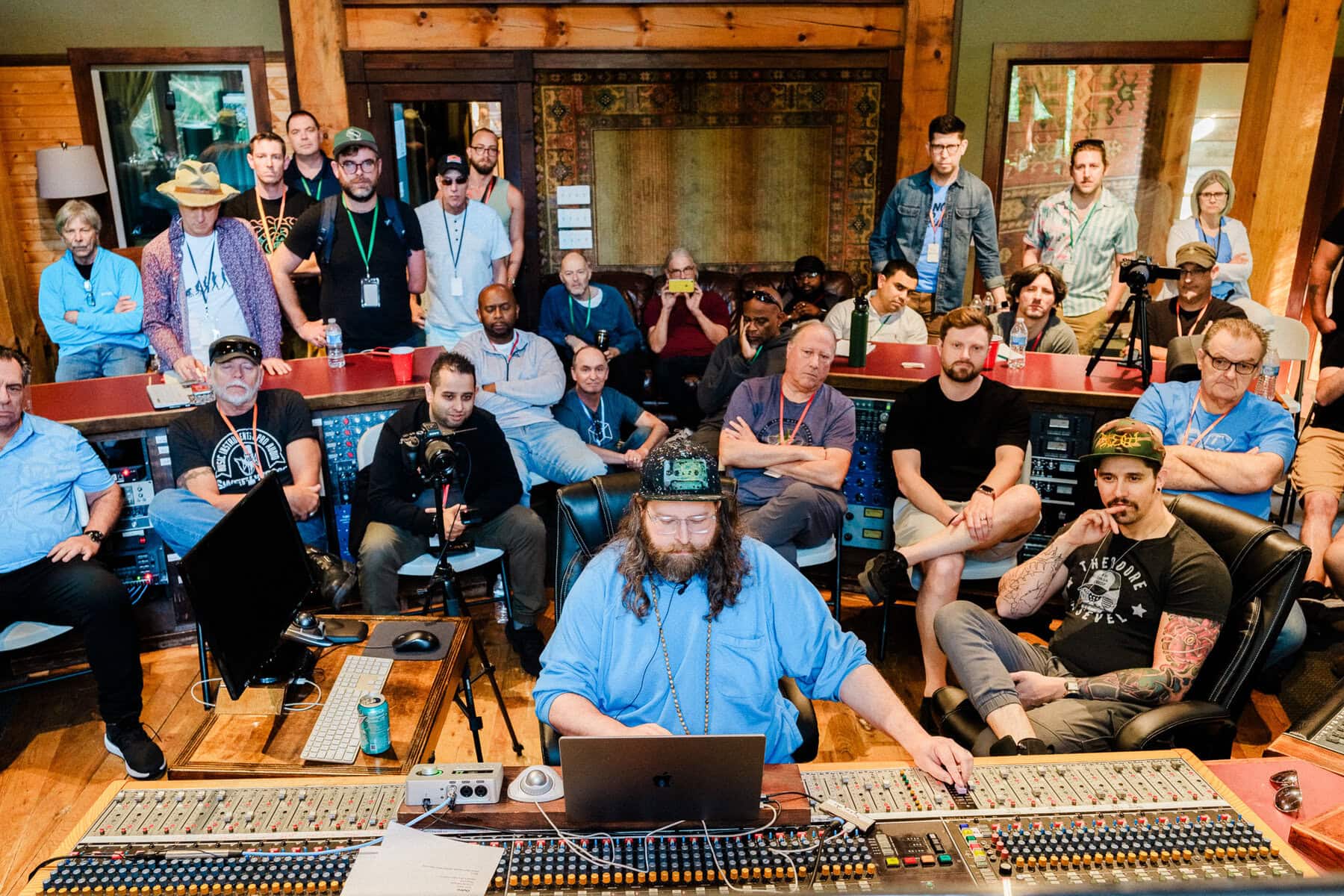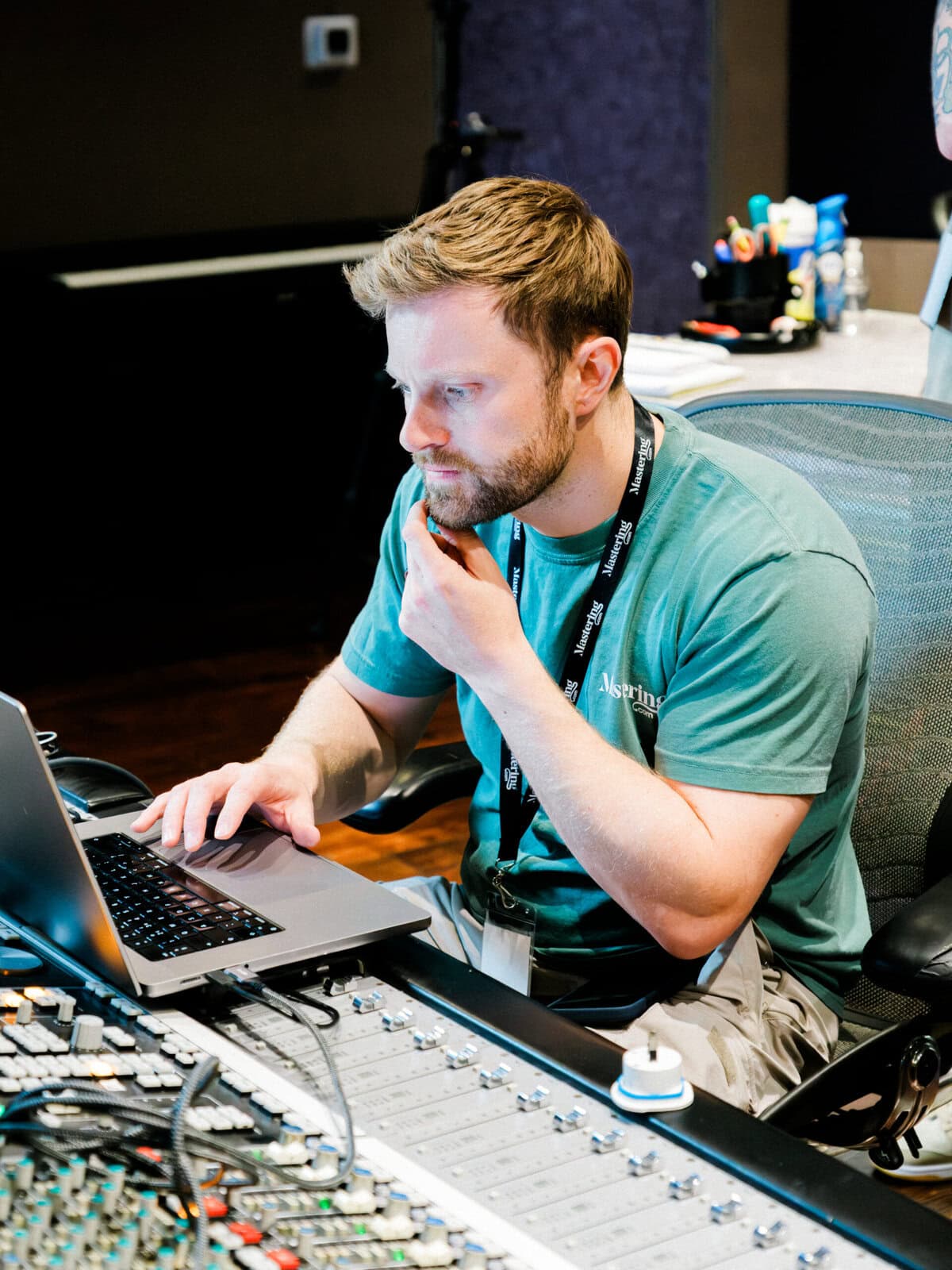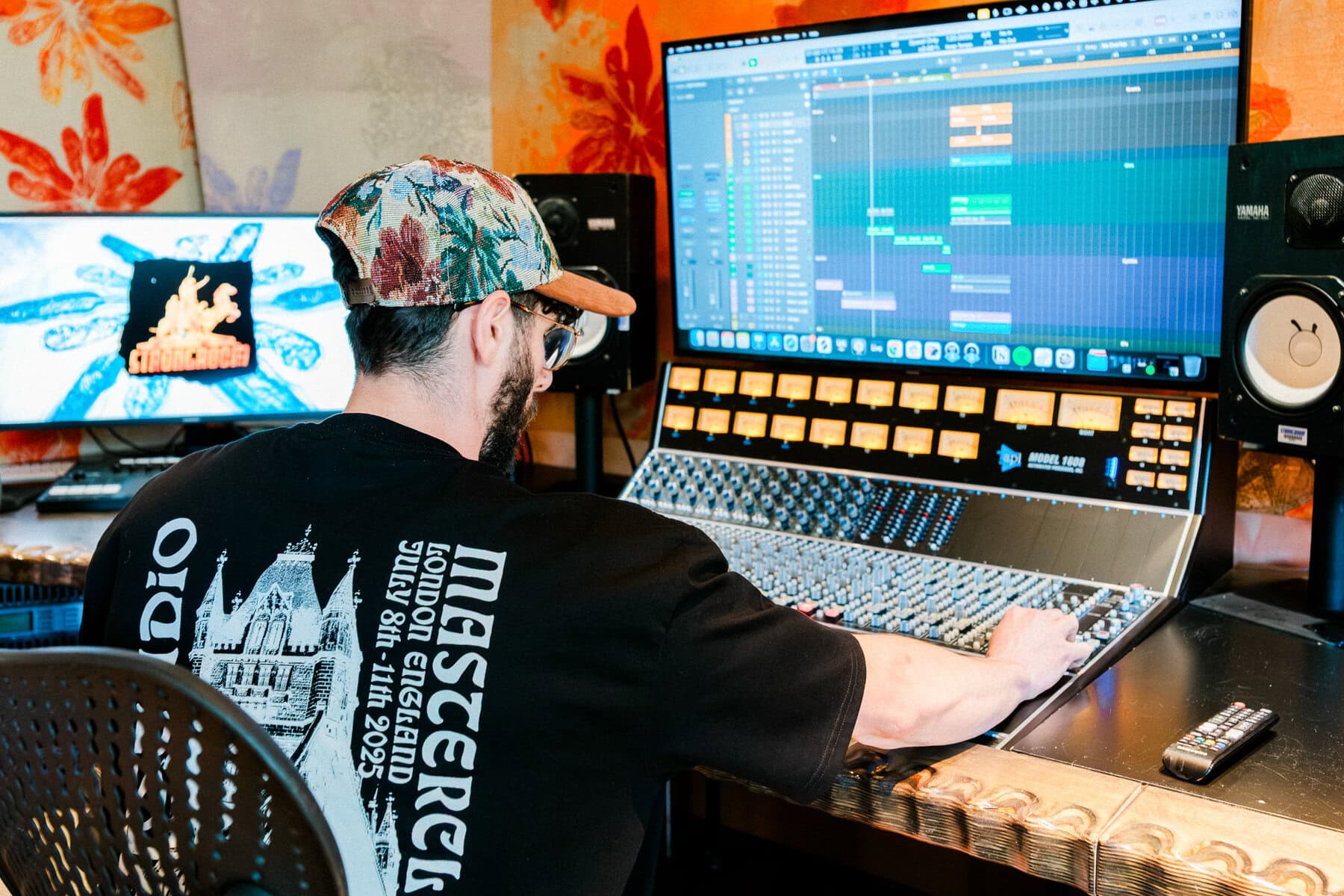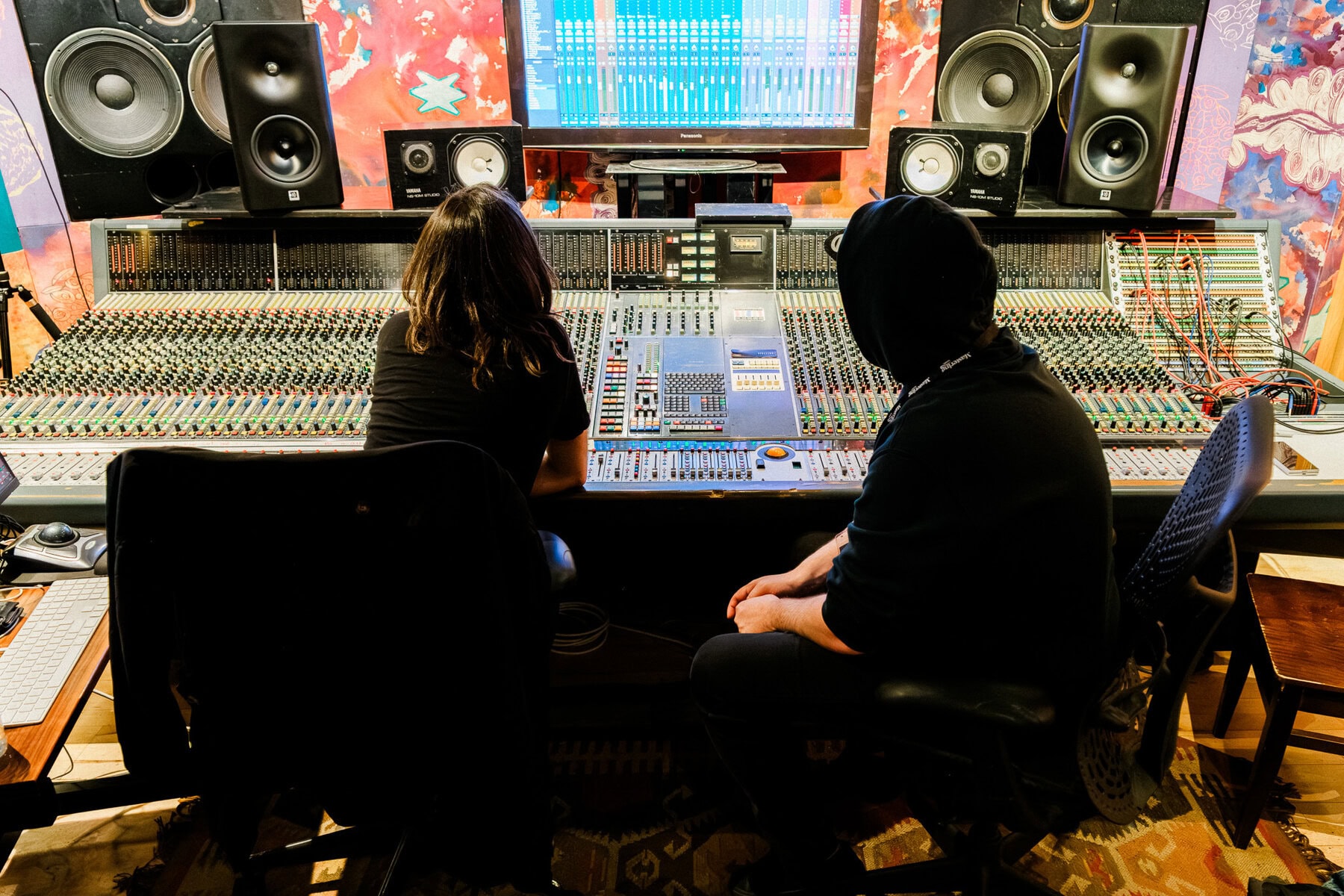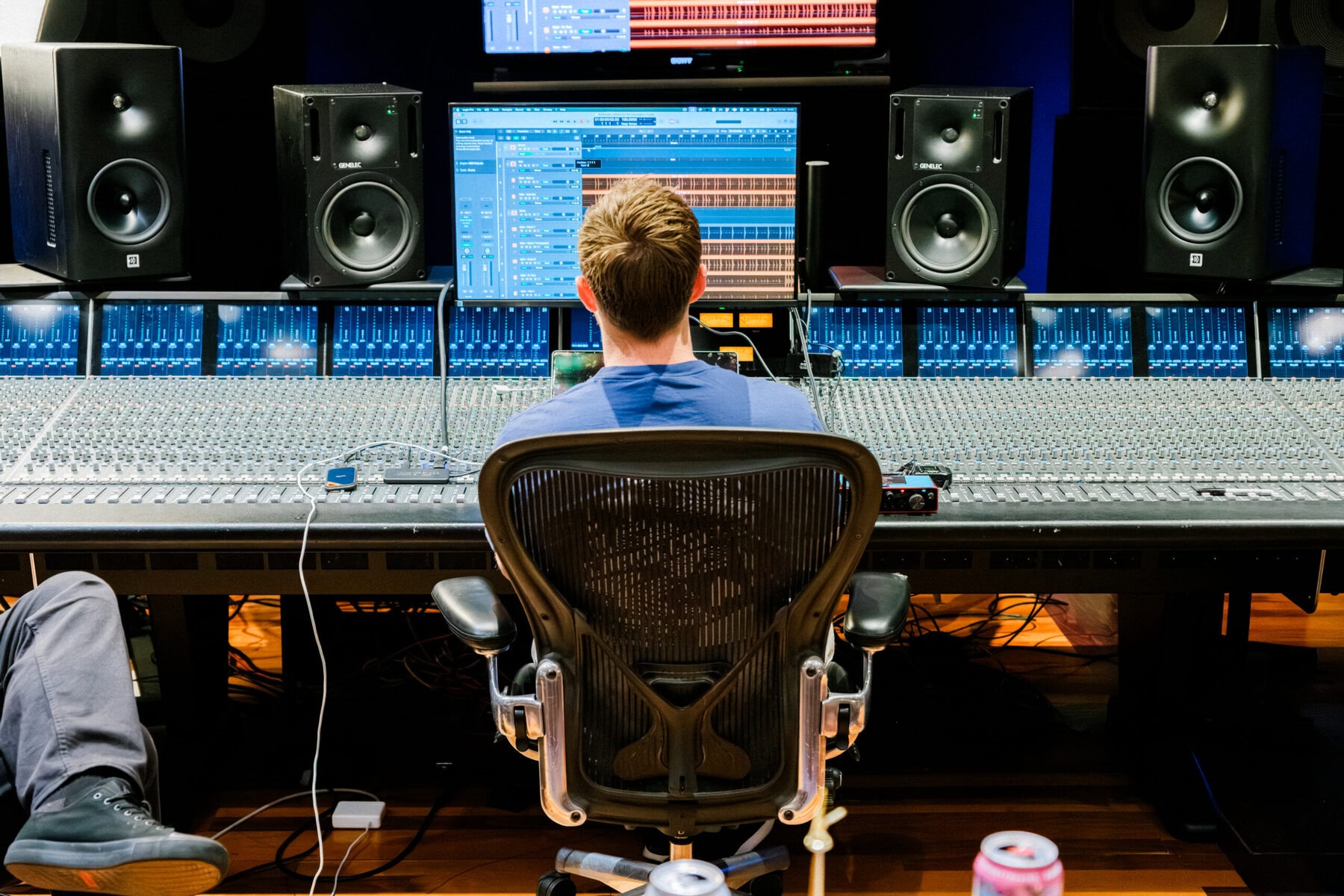Table of Contents
- What does a music producer do?
- Is education important for a music producer?
- What is required to become a music producer?
- How to choose the right online education program?
- Courses
- Conclusion
What does a music producer do?
Music producers are the architects behind the songs we like. They shape the creative vision and sonic details of a track, from the initial idea to the finished product. Producers can range from legendary album makers like Rick Rubin, to beat-makers and EDM artists programming electronic tracks.
In general, a music producer oversees all aspects of the creation of a song, much like a film director. They might help write or edit the music, arrange parts, select instruments and sounds, guide performers in the studio, and manage the mixing and mastering process.
In short, producers combine musical creativity (melodies, arrangements, performance ideas) with technical skills (engineering, mixing, mastering) and leadership to guide a project from concept to completion.
Is education important for a music producer?
Music producers learn in many ways. Some are self-taught or learned on the job. However, for many, a structured class and/or mentorship can speed up learning significantly. A structured program (like a degree or certificate) can ensure you build a solid technical foundation in DAWs (Ableton, Logic, Pro Tools, etc.), recording, mixing, mastering and music theory.
University programs and certificate courses (for example, Berklee Online’s music production certificates) offer a broad curriculum, teaching both creative skills (songwriting, arrangement, theory) and technical skills (audio engineering, plugin use). In particular, learning mixing and mastering in a course can help a producer’s tracks stand out with professional polish.
At the same time, free resources are plentiful (YouTube tutorials, blog articles, etc.) and legendary producers (The Beatles, Quincy Jones, etc.) have famously learned by experimentation. In any case, continuous learning is crucial: the music industry evolves rapidly, so top producers keep updating their skills (new plugins, genres, and techniques) throughout their careers.
What is required to become a music producer?
Aspiring producers need a blend of skills and tools. On the musical side, a strong ear and creativity are essential. Knowing musical structure, chord progressions, and having some instinct for melody and groove are a must.
Many successful producers can play an instrument or have formal music training, but even without, they must be able to arrange parts and coach vocal/instrument performances. Proficiency with gear and software is also required.
When working with co-writers and artists, people skills matter probably the most. Producers must communicate their vision clearly and collaborate with artists and engineers while staying likeable so they get hired for the job again.
Networking is vital too, as the saying goes “your network is your net worth.” Many production opportunities arise by word of mouth, so building relationships in the music community is a key part of your success.
In summary, music production demands creativity, technical proficiency, and interpersonal skills, along with persistence and the ability to learn and adapt to new tools and trends.
How to choose the right online education program?
When picking an online music production program, make sure to match it to your goals and learning style. First, decide what you need to learn: do you want to produce entire tracks end-to-end (including mixing and mastering), or focus on one part (beat-making, sound design, recording etc.)? If you plan to handle mixing/mastering yourself, choose a comprehensive program covering recording-to-mastering (for example, a full curriculum like mastering.com’s TheReverse Engineer). If you’ll outsource mixing and mastering, you might focus more on composition, production techniques, or songwriting. You should also consider the genre as some programs specialise in EDM, hip-hop, or film scoring.
Next, consider the format: some programs are mentor-guided or cohort-based (like Berklee Online certificates, Point Blank diplomas and mastering.com‘s flagship programs), while others are self-paced video courses (like MasterClass, Studio.com, Udemy, Coursera and mastering.com‘s Masterclasses). Choose whatever keeps you motivated: if you work well independently, a Coursera or Udemy specialisation might suffice; if you need more support, look for live classes or one-on-one feedback.
Budget is another factor. High-end schools and platforms (Berklee Online, Point Blank and mastering.com‘s The Reverse Engineer) can cost thousands, while self-study courses or subscriptions (Skillshare, Coursera and Udemy) are inexpensive. Many courses also offer scholarships or payment plans.
In general, experts often recommend programs that combine creative and technical training (for instance, an audio-engineering or production certificate) to ensure you develop a full skill set.
Courses
Below are some of the top online music production courses and programs, ranging from full certification to single-topic classes:

Mastering.com (The Reverse Engineer Program)
- Program: The Reverse Engineer – a two-year online certificate program in mastering, mixing and music production
- Duration: 2 years (self-paced with daily live mentorship)
- Tuition: One-time-fee of $6,800 total (with financing options)
Mastering.com’s Reverse Engineer is a comprehensive online program designed as a “degree alternative.” It uniquely starts by teaching mastering first, to build critical listening skills, then moves into mixing and production. Over two years, students learn mastering, mixing, recording and creative production.
The program is completely remote and flexible so you can study from anywhere on your own schedule. Students get daily feedback and mentorship from professional instructors. Because it focuses on real-world projects and one-on-one guidance, graduates often start working quickly. Its cost is a fraction of many traditional programs, and financial aid is available.

Berklee Online (Music Production Certificate)
- Programs: Multi-course certificates in Music Production (e.g. Electronic Production, Music Production), plus Bachelor’s/Master’s degrees in Music Production (fully online)
- Duration: Certificate programs typically span 3–6 months (a few courses); Bachelor’s degrees ~4 years
- Tuition: Certificates are ~$1,575 per credit (plus a one-time $175 registration fee), so a 3-course certificate costs on the order of ~$10–14K.
Berklee Online is the distance-learning arm of Berklee College, the famous music school from Boston. Its certificate programs allow students worldwide to study music production with Berklee’s faculty. Courses cover DAWs (Pro Tools, Logic, Ableton, etc.), recording techniques, mixing, mastering, synthesis, and more.
The instruction and assignments mirror Berklee’s rigorous on-campus curriculum. For example, Berklee offers a 12-week online certificate in Electronic Production that teaches beat creation, sound design, arranging, and mixing. Graduates receive a Berklee certificate and have access to Berklee’s global community. These programs are well regarded in the industry, but they are also intensive and relatively costly compared to self-study courses.

Point Blank Music School (Online)
- Programs: Online Diplomas and Certificates in Music Production & Sound Engineering (Ableton, Logic, Music Composition, etc.)
- Duration: Certificate (6–12 months), Diploma (1–2 years, 8–12 modules)
- Tuition: Varies by program; diploma programs run several thousand pounds
Point Blank is a UK-based music school with a long-standing online program. It’s earned a top UK rating (“Gold-standard” and WhatUni’s Best Specialist Music Institution). Offerings include a 6-month Music Production Certificate (4 modules) up to a 1–2 year Diploma (8 modules), covering recording, mixing, synthesis, and performance. As well as BA Hons (3 years, 18 modules) and CertHE (1 year, 6 modules).
Point Blank’s online programs are practical and project-based with regular one-on-ones and virtual classroom tutoring. Because of its reputation and intensive format, tuition is significant (typically several thousand GBP), but Point Blank often runs promotions for individual topic specific modules.
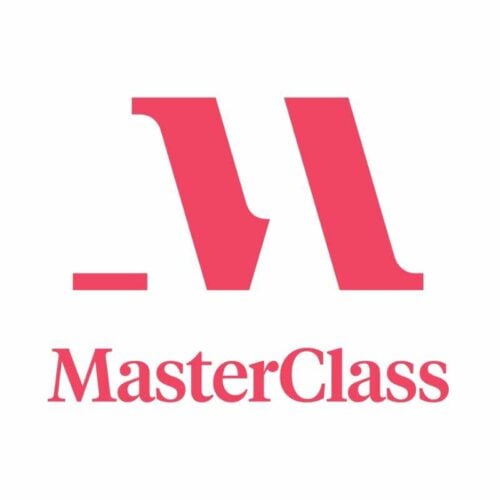
MasterClass (Music Production Series)
- Programs: Individual on-demand video courses by famous producers (e.g. Timbaland, Deadmau5, Armin van Buuren, Hans Zimmer)
- Duration: Self-paced (tens of hours per course)
- Tuition: Subscription-based – ~$120/year for all classes
MasterClass is an online education platform where top artists teach their craft. Its music production offerings include courses like “Timbaland Teaches Producing Beats & Instrumentals”, “Armin van Buuren Teaches Dance Music”, and “Deadmau5 Teaches Electronic Music Production.”
Each course consists of high-quality video lessons (often dozens of video segments) plus downloadable workbooks and assignments. You can stream classes on-demand but there is no personal feedback. The content is more inspirational than technical, so it’s best used alongside hands-on practice or other courses.
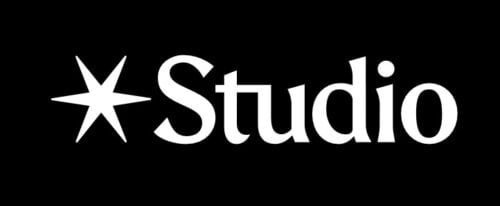
Studio.com (Artist-Produced Classes)
- Programs: In-depth video masterclasses on music creation by producers/artists
- Duration: Self-paced (most courses ~5-10 hours of video)
- Tuition: Pay-per-course – $449 (one-time fee)
Studio.com offers music production classes taught by current hit-makers. For example, Charlie Puth has a “Pop Music Production” course, Kygo has an “Electronic Music Production” course, and Andrew Huang has a “Complete Music Production” course.
Each course is a high-production-value video series that includes studio sessions, a look at the teacher’s screen, and downloadable project files. Topics cover songwriting, sound design, mixing, and production workflows in pop and electronic genres. These classes are one-time purchases, so you own the content forever.
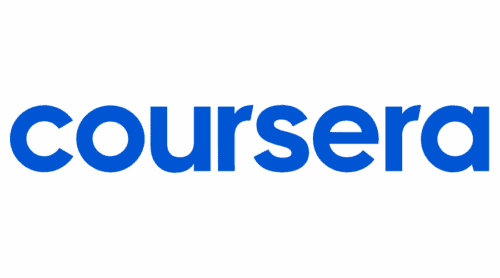
Coursera Music Production Specialization (by Berklee)
- Programs: Music Production Specialization (4-course series) offered by Berklee College of Music
- Duration: ~4 weeks per course (self-paced, about 10 hours/week)
- Tuition: Subscription – $50/month or $399/year
Coursera’s Music Production Specialization is a series of four courses created by Berklee faculty. It covers the basics of production: pre-production and creative vision, recording and DAW operation (Pro Tools), mixing techniques (effects, balance), and a final capstone mixing project. It’s designed for beginners yet it’s taught by Berklee’s top instructors and has rigorous assignments.
Coursera courses are flexible: you can watch lectures and do projects at your own pace. The specialisation is highly rated (4.8/5 average with 1,878 reviews) and gives a solid foundation. This is a budget-friendly option for comprehensive training, though it lacks personal instructor feedback.
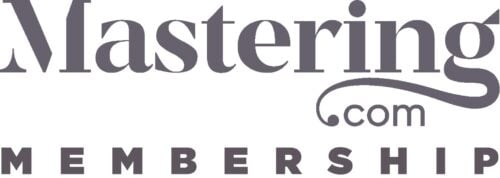
mastering.com (Membership Program)
- Programs: Unlimited access to online courses in music production, mixing, mastering, music business, sync licensing, etc.
- Duration: Ongoing subscription
- Tuition: Subscription – $49/month or $299/year
Mastering.com’s Membership is a subscription-based music production education platform that provides a library of video lessons along with interactive one-to-one mentorship sessions. It covers everything from recording basics to advanced mixing and mastering.
Beyond the on-demand courses, members join weekly virtual events and get monthly one-on-one check-in calls with Mastering.com’s mentors. These mentors guide your projects and answer questions, reinforcing Mastering.com’s focus on expert mentorship and a thriving, supportive community.
In short, Mastering.com Membership is best suited for dedicated music creators who want ongoing guidance and feedback. It’s an entry that bridges the gap between budget options and high-end programs, emphasising hands-on learning and expert feedback throughout the creative process.
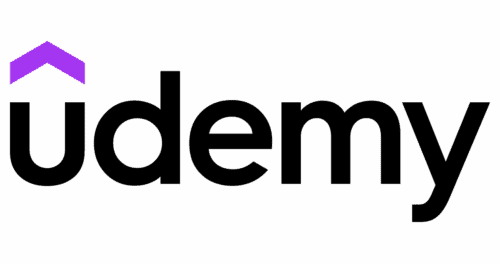
Udemy Music Production Courses
- Programs: Hundreds of individual music production courses (genre-specific, DAW-specific, beginner to advanced)
- Duration: Varies by course (typically 2–50 hours of video)
- Tuition: Pay-per-course – often discounted to $10–$20 each
Udemy hosts a vast range of music production courses created by independent instructors. For example, “Music Production in Logic Pro – The Complete Course!” by Tomas George (with 14,000+ reviews, 4.7/5) teaches recording, mixing, and mastering in Logic Pro. There are similar courses for Ableton Live, FL Studio, and other DAWs. Udemy is self-paced; once purchased, you have lifetime access to the videos.
The quality varies by instructor, so check ratings and reviews. Prices are low (especially during frequent sales), making Udemy a very budget-friendly way to learn specific skills. Note that Udemy courses come without personal feedback or certification beyond a completion badge making them a hard sell with so many high quality free YouTube Courses around nowadays.

Skillshare Music Production Classes
- Programs: Numerous short courses on DAWs, beat-making, mixing, songwriting, etc. (e.g. “Intro to DAWs and FL Studio”)
- Duration: On-demand videos (often 30 minutes to a few hours each)
- Tuition: Subscription – $13.99/month or $167.88/year
Skillshare offers a wide array of creative classes, including music production. Classes are generally short and project-based (for example, a beginner might take a one-hour class on FL Studio basics). The platform is subscription-based: for about $168/year, you get unlimited access to all classes. This is ideal for someone who wants to sample many topics or learn at a casual pace.
Skillshare has a community forum where you can share work and get peer feedback. However, production courses on Skillshare tend to be less comprehensive and more introductory. They are best used as supplements or quick tutorials rather than full programs. Like with Udemy, free YouTube courses are a big competitor for Skillshare.

Mastering.com (Free Courses)
- Programs: How to Produce Modern Pop, Music Production for Beginners, How to Record Pro Vocals, How to Mix Like a Pro, How to Produce & Mix pro Vocals, How to Master Your Music, How to Use Compression, How to Use an Equaliser, How to Use Reverb, Logic Pro 11 Complete Tutorial
- Duration: These courses range from 6-12 hours.
- Tuition: Free!
mastering.com provides a lot of free online courses on a variety of topics. These courses function as introductory lessons, giving you an idea of what their flagship program The Reverse Engineer is like. Taking these courses is most useful for learning the basics or refreshing your memory. If you join The Reverse Engineer after watching one or several of these courses you will be able to move quicker through the program so it’s definitely not a waste of time to start here.
Conclusion
There are many paths to learn music production online, from free tutorials to prestigious online degrees. The right choice depends on your goals, budget, and learning style.
For example, Berklee Online or Mastering.com’s Reverse Engineer offer rigorous certificate programs, while MasterClass and Studio.com let you learn from superstar producers. Coursera and Mastering.com Membership offer flexible, low-cost courses, and platforms like Udemy, Skillshare and YouTube give you access to a library of topic specific courses and tutorials. No matter your situation, there’s an option for you to grow as a producer.
If you want to learn more about our audio school here at Mastering.com, please visit our home page. We offer The Reverse Engineer program and other resources to help you master the art of mastering, mixing and production.

